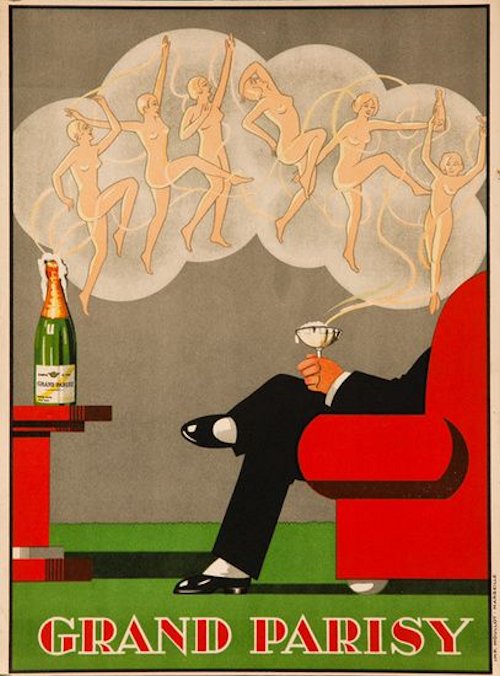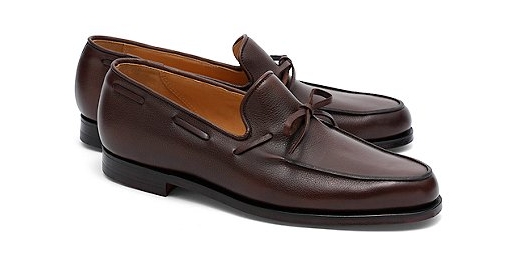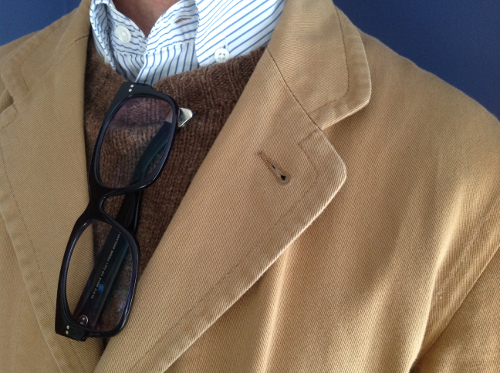Knowing Your Champagne
Choosing Champagne
If you're looking to swill Champagne as soon as you've put on your housecoat on Christmas morning, use the three experts on your face — your mouth, nose and eyes —to choose the right one.Let's have a quick recap of the types of champagne available. Remember: only doll out to guests what you're happy to drink yourself.
Vintage or Not
Non-Vintage (NV) Champagne — increasingly called multi-vintage — 'signature' or 'classic' Champagne is a (cuvée) blend of wines from different harvests.Vintage Champagne is made from grapes grown in the year shown on the label, when the growing conditions were right. The production of vintage Champagne is a lengthier process aimed at bringing out the best of the harvest. This is the Champagne you save for your inner circle.
Sweetness
The sweetness level of Champagnes goes from the bone dry Ultra (or Nature) Brut to the sweet Demi-Sec, and, rarely, to the sticky sweet Doux pudding Champagne. Sugar is added to the Champagne producing process all the way up to Extra Brut. In fact, it's only the Ultra Brut that gets zero sugar. Brut has the average level and is regarded as a dry Champagne.Styles
Three types of grape are used to make Champagne: Chardonnay, Pinot Noir and Pinot Meunier. If they are all blended together, you get a Blancs Champagne. If they are not blended together, you get:Blanc de Blancs is (generally) made from white Chardonnay grapes and gives a golden colour and an apple taste
Blanc de Noirs is made from black Pinot Noir and Pinot Meunier grapes, that are pressed after picking so they do not get colour from the skins, to give a berry taste
Rosé introduces an amount of the Pinot grape to add some of their flavour to the Blanc de Blancs style of wine.
Buying Champagne
In general, choosing wine is an absolute battlefield. How easy it is for us to be taken in by the gold foil and embossing on the front of a wine label and the fanciful description on the back; the careful designs intended to have us salivating and whipping out the wallet pronto. If you're hungry and you're reading how wonderful the wine is matched with some delicious-sounding food, there'll be no going back.You want to buy with confidence and savour rather than endure every drop, so choose a wine merchant who is knowledgeable and can offer such reliable advice that they recommend winners time and again.
Well-established merchants will have the networks in place to get secure the good stuff. Berry Bros and Rudd (1698) come to mind in London — wonderful shop. In the West Country, we have the formidable Averys of Bristol (1793), fifth-generation wine merchants, who provide your very own wine advisor to help you match your dreams to bottles. The somewhat newer Somerset Wine Company - closer to Tweed Towers, who provides excellent service.
If you're wondering where is best near you, have a dekko at the list Jancis Robinson has compiled of reputable merchants around the UK.
Averys have some tempting bottles of bubbles to stash away for Christmas.
Granted, we need a snappier name, but always find room for English sparkling wine. The Spanish adopted cava (or cellar) to distinguish from Champagne and they now have a Denominación de Origen. Averys recommend Hattingley Valley Classic Cuvée 2013 as 'a sparkling wine of the highest calibre'.
Whatever Champagne you choose this Christmas, don't forget you need to kill the Champagne bottle in the proper way.










